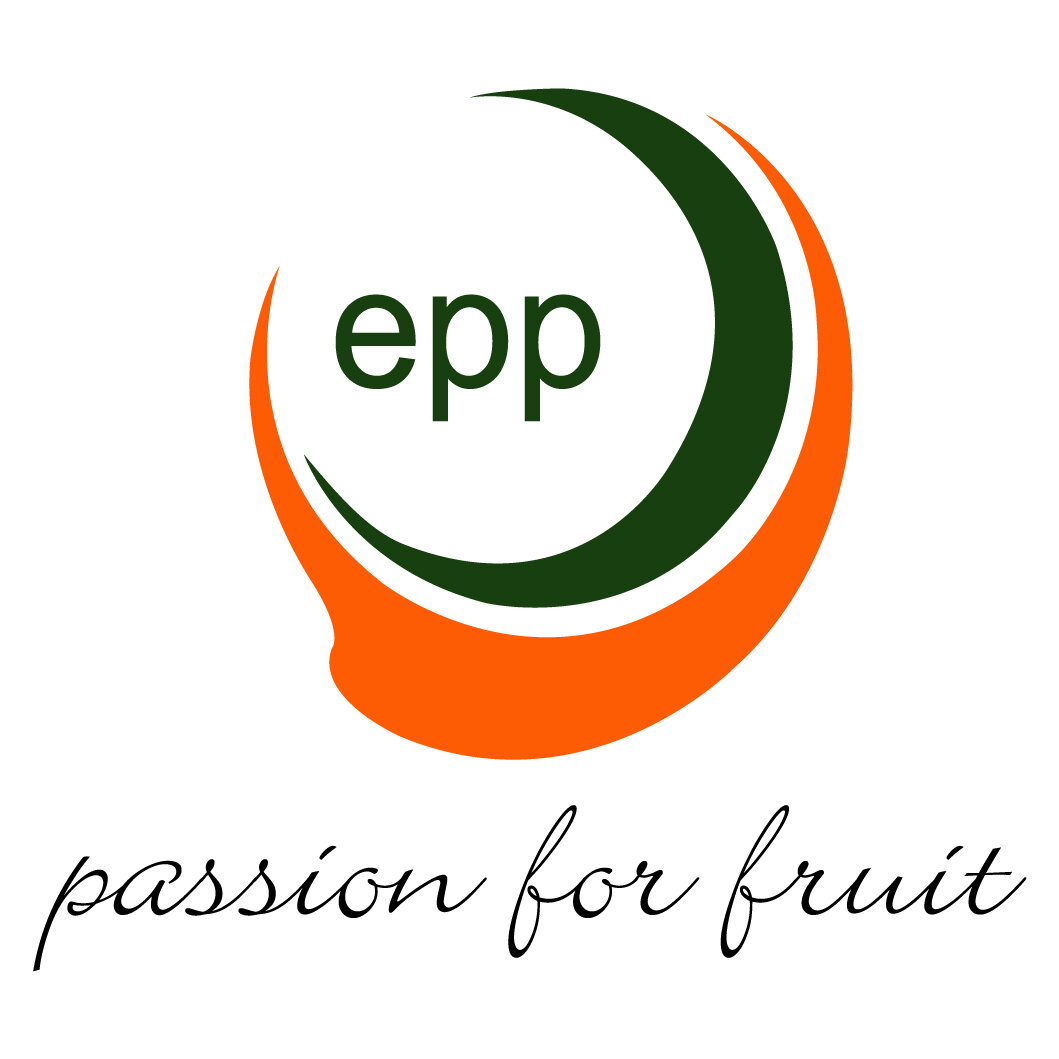
Sustainability
2025 EPP Sustainability Strategy has become one of our key priorities. Below some examples of the work we currently do to have a positive impact to the environment and the communities we work with.
Organic Matter Cycle
-
1. Fruit picking
The first stage consists in picking all fruits that naturally fall from the trees or are cut down due to the development of external defects along the phenological cycle. We use these fruits as our raw material for the production of Humus which is used as as fertilizer.
-

2. Decomposition of organic residues
The fruits collected are taken to a specific area in the fields to begin the natural decomposition process.
-
3. Compost production
The decomposed organic matter obtained from mango and avocado fruits is then mixed in the correct proportions with animal manure to obtain Compost which is rich in nutrients and beneficial organisms. Animal manure is sourced from small livestock farmers located nearby our fields in a way to support local family economies.
-
4. Vermicomposting
While Compost itself its very rich in nutrients and is commonly used as fertilizer, we add an additional stage to the cycle to obtain Humus, which has an even higher saturation of nutrients like carbon, nitrogen, calcium, among others. Worm manure or Humus obtained from this process has proven to provide several benefits such as:
Improvement of the soil structure.
Acts as a reservoir of different nutrients for plant growth.
It improves the water holding capacity of the soil which contributes to an efficient use of water resources.
Efficient use of water resources
Currently, 90% of our planted area is implemented with Drip Irrigation Systems which is the most efficient water delivery system in terms of water usage and we aim to reach 100% of our planted area within the next 3 years. Drip Irrigation Systems offers the following benefits compared to the commonly used surface irrigation methods that depend on gravity:
Reduces the use of water by allowing a more precise distribution among the field.
Reduces the incidence of diseases and therefore the use of pesticides.
Increases the efficiency of fertilizer application through the irrigation system.
Additionally, we cover the base of our trees above the root system with organic mulch in order to reduce the levels of evaporation by avoiding direct contact of sunlight with the soil.
Natural Environments
As EPP we understand that the respect for the natural environments we are in contact with through our productive operations is a key element of our 2025 Sustainability Strategy.
Along the fields we operate in two different production regions of Peru, our mango and avocado orchards adjoin natural forests that are the habitat for many different species of insects that are beneficial for our production. As a result of this, the levels of pollination are better than other production areas which has a direct impact in our production yields.
Finally, in Jayanca, Lambayeque, inside Fundo Julupe, we have a 7-hectare natural reservoir that works as a water storage facility for our irrigation system but is also home for more than 25 different bird species and is also used by farm animals as a water source.






Communities
As producers we have the opportunity to work in rural and remote areas in Peru where there is a big opportunity to generate a positive impact among the communities we interact with.
EPP is an important source of formal employment for local communities in the two different regions we operate. We are also oriented in offering support and training programs to small producers in order to help them improve their productive methods.







